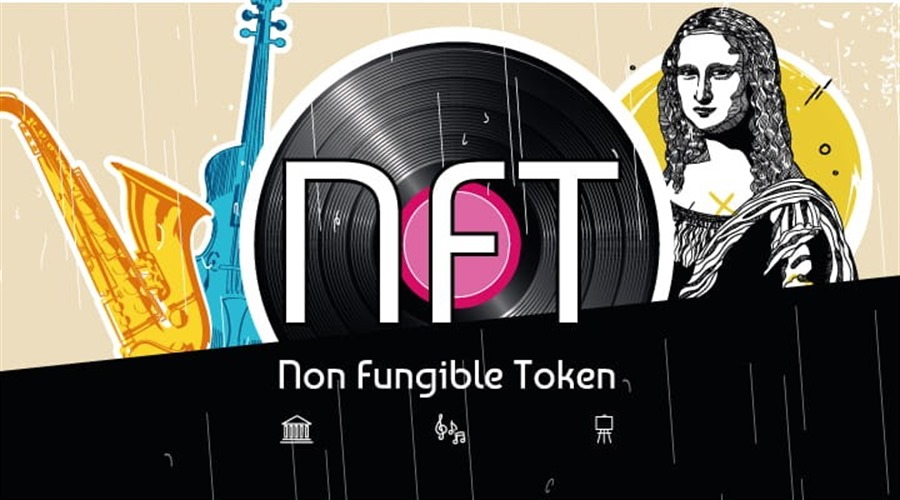Non-fungible
Tokens (NFTs) have taken the art world by storm, providing creators with a new
way to sell and monetize their digital content. However, the rise of NFTs
brings with it a new set of challenges and risks, particularly in terms of
intellectual property (IP) rights.
In this
article, we will look at the opportunities and risks that NFTs present for
creators, as well as how they can protect their intellectual property rights.
Opportunities
for Artists
NFTs provide
numerous opportunities for creators, particularly those working in the digital
art and entertainment industries. To begin with, NFTs offer a new way for
content creators to monetize their work.
Creators can
use NFTs to sell one-of-a-kind digital assets directly to buyers, eliminating
the need for intermediaries such as galleries or record labels.
NFTs also allow
content creators to maintain control over their content and how it is used. A
creator can attach specific terms and conditions to the sale of their content
by minting an NFT, such as limitations on reproduction or resale.
This can aid in
the prevention of unauthorized use of their content and the protection of their
intellectual property rights.
Furthermore,
NFTs can give creators new levels of exposure and recognition. NFTs’ distinct
nature can make them highly sought after and valuable, leading to increased
visibility and opportunities for creators.
Creators’
Risks
While NFTs
provide numerous opportunities for creators, they also pose risks, particularly
in terms of intellectual property. NFTs can be used to sell any type of digital
content, such as images, music, and videos, making it difficult for creators to
protect their intellectual property rights.
One danger is
the possibility of copyright infringement. Because NFTs are essentially digital
files, they can be easily copied and distributed without the permission of the
creator. This can result in a loss of revenue as well as control over their
content.
Another danger
is the possibility of trademark infringement. NFTs can include logos, brand
names, and other trademarked content, causing consumer confusion and harming a
brand’s reputation.
Finally, there
is the possibility of deception and misrepresentation. Because NFTs are
decentralized and unregulated, creators may have difficulty verifying the
authenticity and ownership of the NFTs being sold.
This can lead
to cases of fraud, in which buyers buy NFTs that are not what they appear to
be.
























